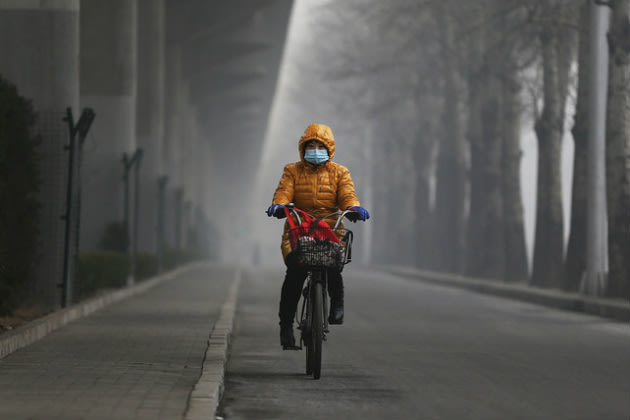By Irving Feng
Impunity Watch Reporter, Asia
COLOMBO, Sri Lanka – An unidentified gang attacked the office of a local Sri Lankan newspaper run by individuals previously associated with the Tamil separatist group who fought a bitter civil war with the current central government.

The office publishes a Tamil-language newspaper that routinely runs stories that are highly critical of the current regime in Sri Lanka. This episode of violence occurred merely two weeks after the United Nations passed a resolution asking the Sri Lankan central government to investigate and remedy the human rights violations redolent in their country which includes intimidation of journalists.
The attack was carried out against the Uthayan newspaper office located in the northern portion of the country where the former civil war was waged. This marks the fourth attack on a Sri Lankan media outlet since January.
Six unidentified, masked individuals stormed the office causing damage to the building, vehicles, computers and other property. Five of the employees at the newspaper office, including the manager, we injured during the attack. Three of the workers were reportedly hospitalized, and the remaining workers suffered minor injuries.
The publisher of the Uthayan newspaper is E. Saravanapavan, a legislator for the Tamil National Alliance party and has strong ties to the former separatist rebels. The local police and government officials could not be reached to provide a statement on the attack against the Tamil newspaper.
Saravanapavan released a statement to the media suggesting that the attack was directly linked to stories that the newspaper had recently run which criticized the paramilitary forces and their actions in the former northern war zone.
Though politically motivated violence has significantly dwindled since the current Sri Lankan regime stamped out the Tamil rebellion four years ago in 2009, pundits in the international human rights community believe that violence against reporters and other subversives are still are problem.
Rule of law, human rights groups say, has yet to be firmly established in the tumultuous aftermath of the Sri Lankan civil war. There have been no arrests in relation to the attacks that occurred against the media earlier this year. Authorities and internal administrators that should be conducting these investigations have yet to be full restored after the civil war.
Sunil Jayasekara, a spokesperson for the Media Movement in Sri Lanka (a freedom of press group), released a public statement stating that these attacks are not only a threat to the freedom of the media, but a threat to the entire country of Sri Lanka. Jayasekara called for the government to take more responsibility for these types of attacks against the media.
For further information, please see:
BBC – Tamil paper Uthayan attacked in northern Sri Lanka – 3 April 2013
Breitbart – TAMIL NEWSPAPER SAYS STAFF ATTACKED IN SRI LANKA – 3 April 2013
The Global Times – Tamil newspaper office attacked in Sri Lanka – 3 April 2013
Reuters – Sri Lanka newspaper office attacked, five workers hurt – 3 April 2013
Shanghai Daily – Tamil newspaper office attacked in Sri Lanka – 3 April 2013



